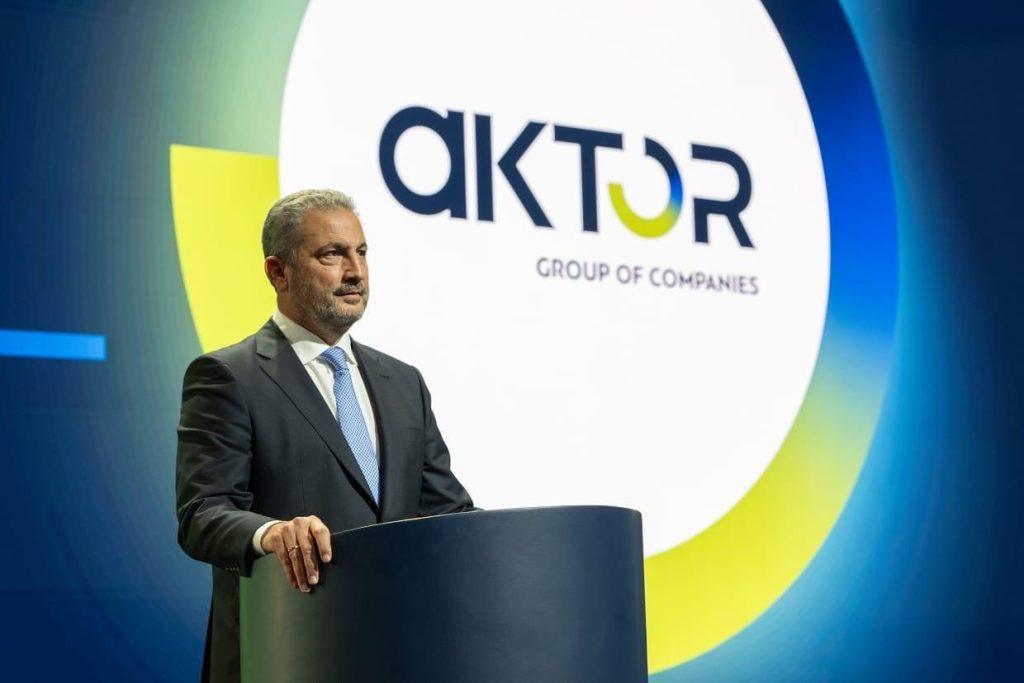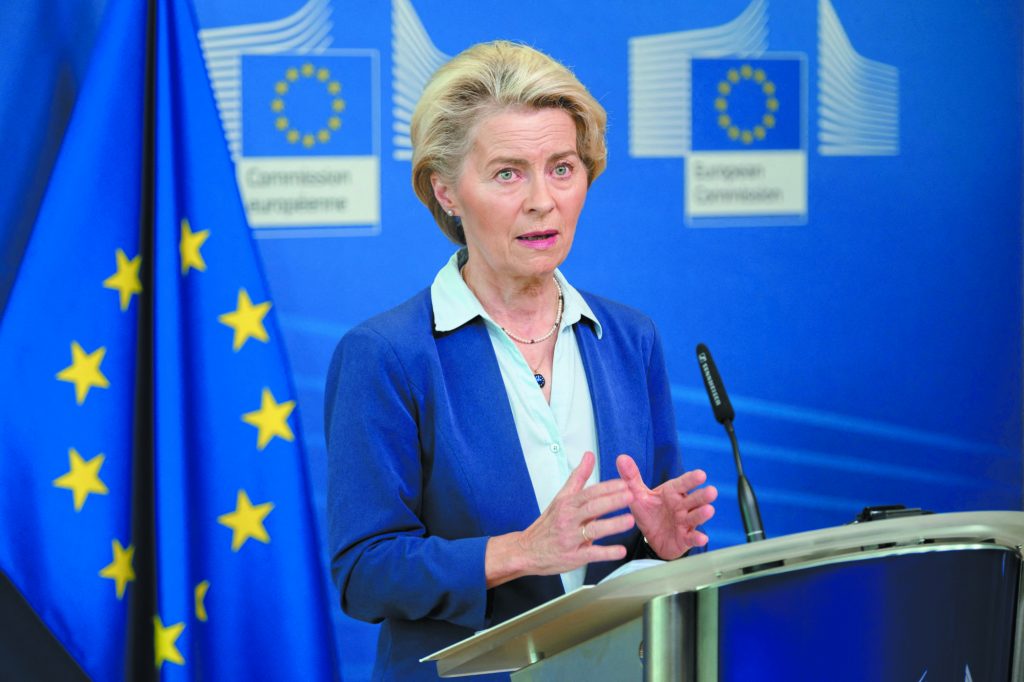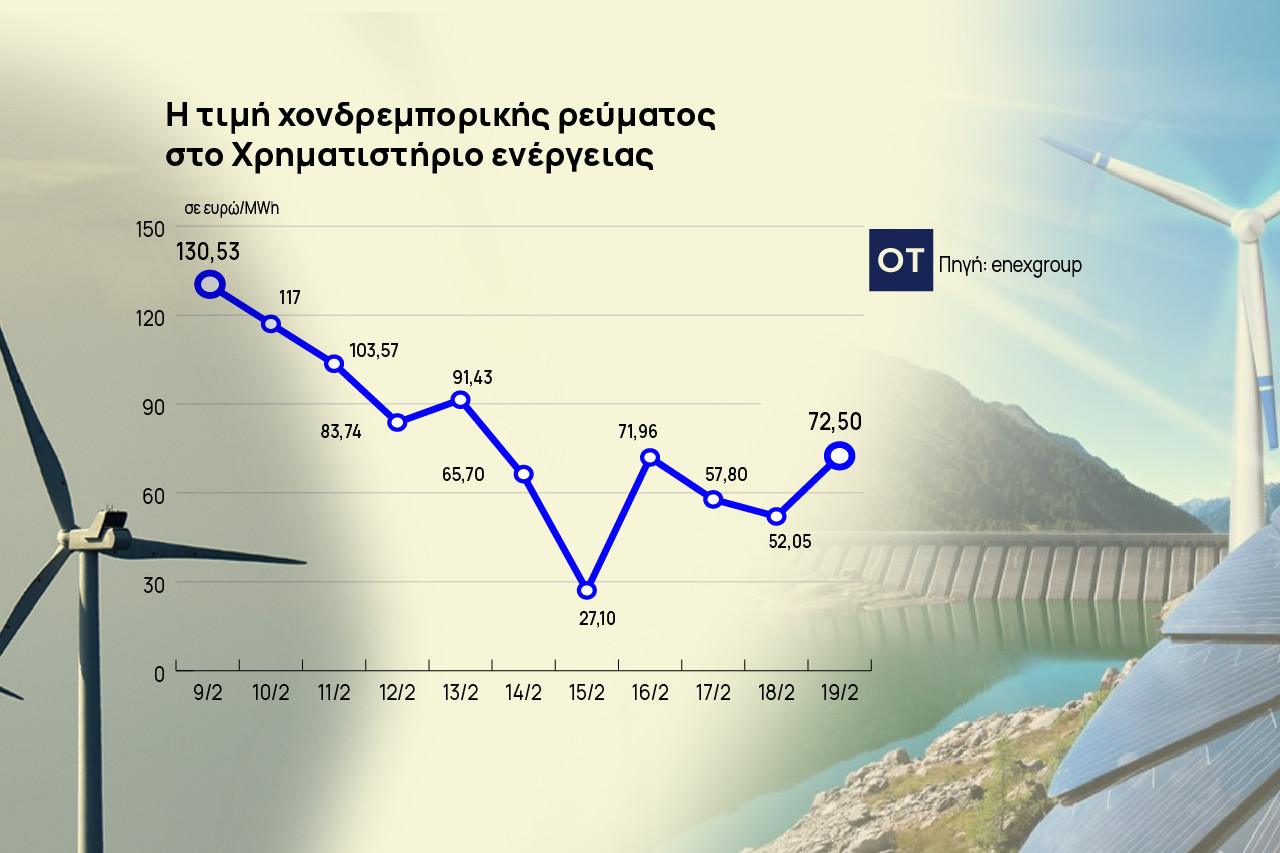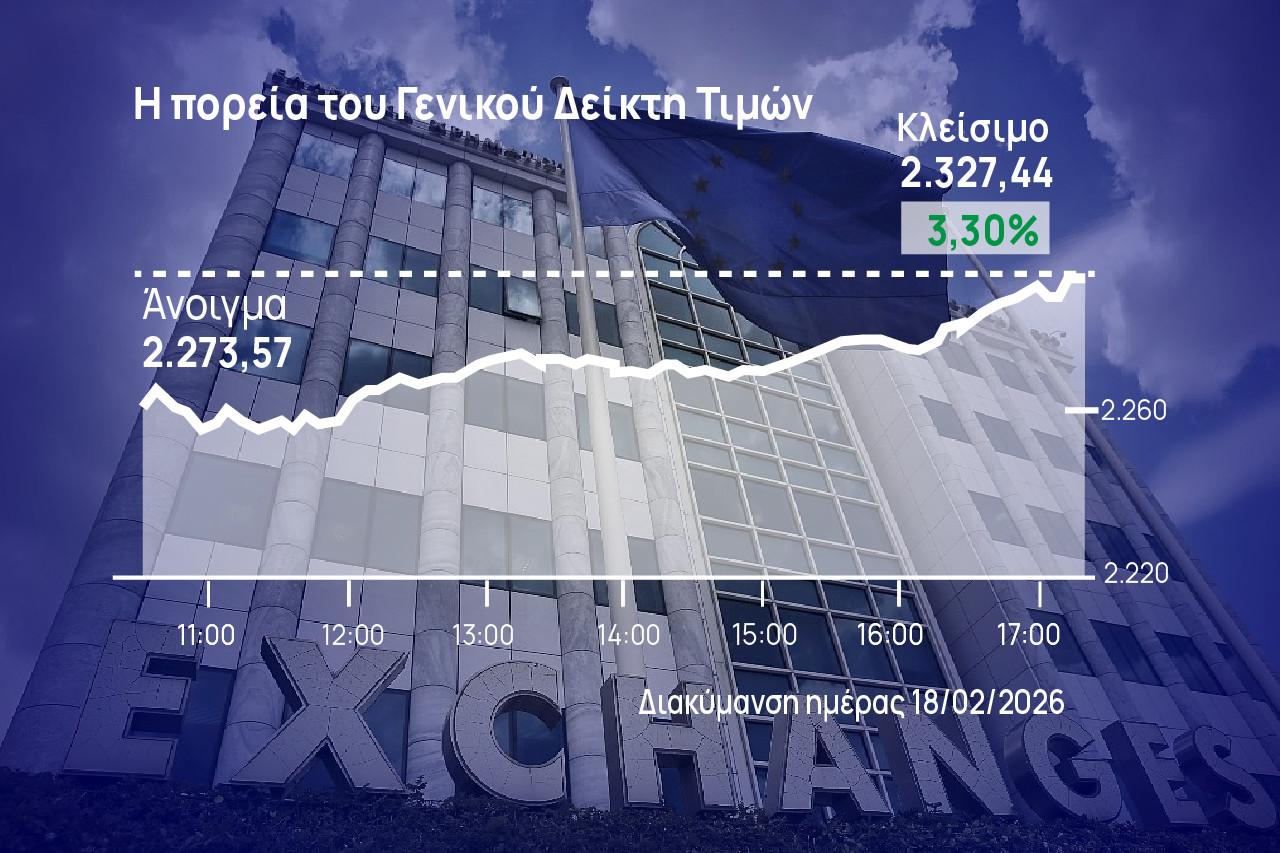Foreign Minister Nikos Dendias sent a clear message that Greece is defending its land and sea borders from any danger and threat, always respecting international law, in a video message sent to the Symposium of the Society of International Law and International Relations, held in Rhodes and Kastellorizo. “And this, not through a logic of entrenchment or foldback. On the contrary, in good cooperation with other countries in our region that embrace the same values as us “, he made clear. Clarifying his message further, he stressed that respect for international law is the cornerstone of our foreign policy and that only in this way can delinquent behaviors and revisionist aspirations and practices be tackled.
He also noted that border stability remains a fundamental principle of the international community and that the Charter of the United Nations requires abstinence from the threat or use of force against the territorial integrity of another state. “Borders are objective. Erga omnes apply. The law of treaties precludes the invocation of a substantial change of circumstances as a reason for the termination of treaties defining borders,” he added.
Then, the Minister of Foreign Affairs underlined that in 2020 and 2021 were years that were milestones for the country’s borders. “During this period, our country has increased its dominant imprint. It secured its sovereign rights and jurisdiction. Within a few months, Greece signed two Maritime Zone Delimitation Agreements. With Italy and Egypt. And a political agreement was reached with Albania to refer the issue to The Hague. In February, the country extended its coastline from the Ionian Sea to Cape Tainaro to 12 nautical miles. The area of national sovereignty was expanded over 13,000 square kilometers. It is the first time since 1947 that Parliament has voted to increase national sovereignty. Our country reserves the right to exercise this right. Whenever it deems appropriate for the national interest and where international law allows it. The June 2020 agreement with Italy makes use of the sea limit that the two countries had agreed on in 1977. It closed a long-standing issue,” he said.
In particular, he stated that in August 2020 Greece signed an agreement with Egypt on the delimitation of the EEZ, always on the basis of International Maritime Law and stressed that this Agreement had tangible consequences, against the illegal, invalid and non-existent Turkish-Libyan memorandum and Turkey’s positions on the rights of states in the region.
In addition, Nikos Dendias stressed that recent developments have highlighted the challenges facing frontline countries in the field of border protection, especially in the management of migration flows. “In February 2020, Turkey tried to instrumentalize tens of thousands of migrants and refugees. Greece did the right thing to deal with this unprecedented attempt to violate the Greek borders. An attempt with a clear origin,” he pointed out.
In this context, he noted that the European Court of Human Rights emphasizes the obligation of states to protect their borders, in a way that is in line with the guarantees of the European Convention on Human Rights and stressed that the Greek authorities are making tireless efforts to protect human life, both on the land and sea borders of the country. “During the five years 2015-2020, the Coast Guard rescued 320,000 immigrants and refugees,” he said.
He made special reference to the events on the border of Poland, Latvia, and Lithuania with Belarus. These events are convincing for the extent of the instrumentalization of the immigrant / refugee issue, he said and maintained that Greece will not allow the re-instrumentalization of the immigrant / refugee issue on the occasion of the events in Afghanistan.
Nikos Dendias congratulated the Hellenic Society of International Law and International Relations for organizing the Symposium on International Law in Rhodes and Kastellorizo, noting that the topic he chose is extremely interesting and topical, with multiple dimensions, requiring a whole policy.








































